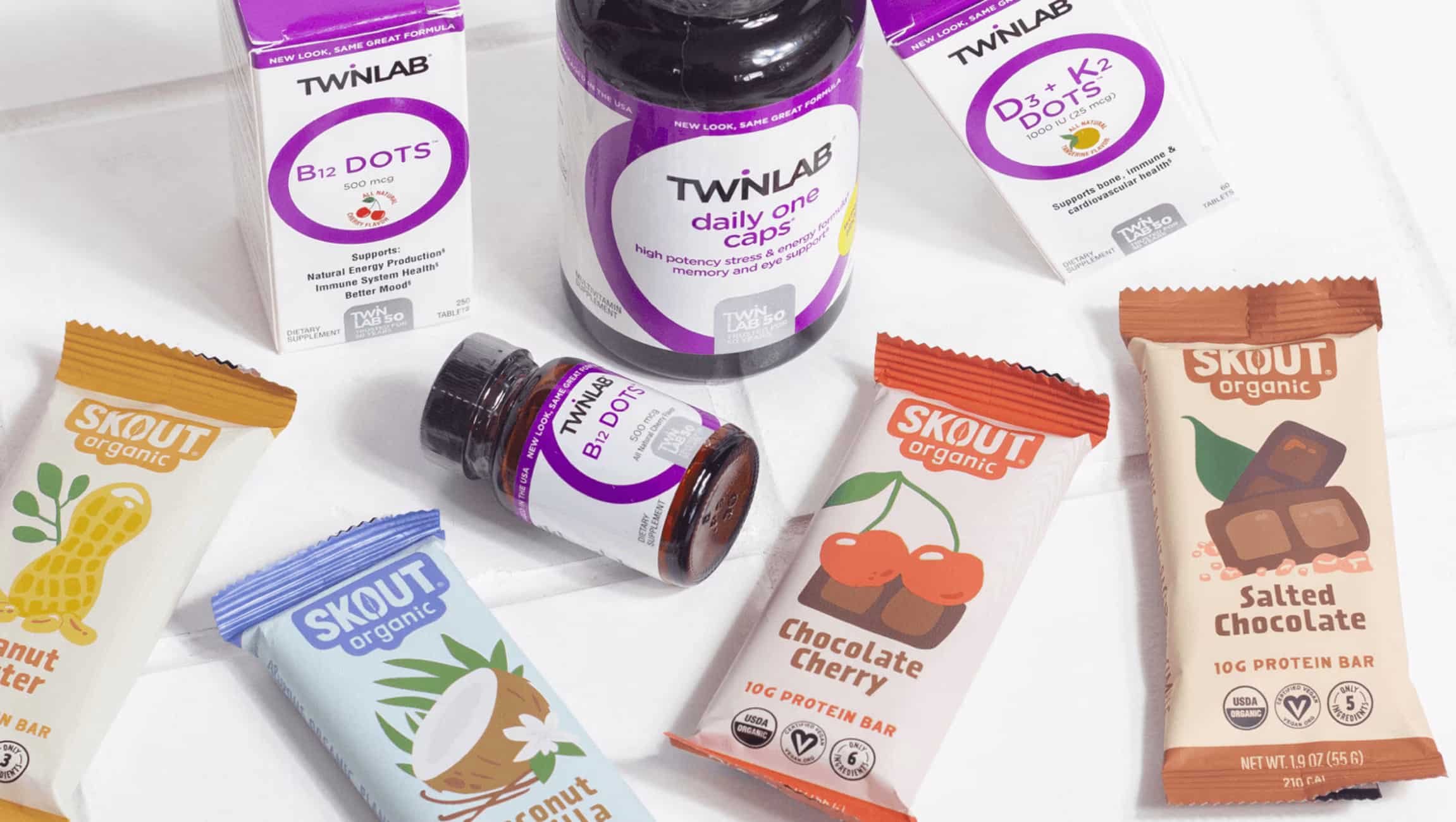To successfully change your routine, there are two main things you need to remember: Setting yourself up for success and being consistent. If you are not used to waking up in the morning and like to go to bed late, it’s important to first assess your nighttime routine to have a positive and healthy morning routine. If waking up to your buzzing alarm is making you even more groggy in the morning, consider changing your alarm to a melodic alarm.
A study suggested waking up to a melodic alarm can help you wake up more gently. If you are having a difficult time falling asleep, consider investing more time in your bedtime routine. Such as taking a warm shower, dimming the lights, putting away technology devices, and lying in bed for 20-30 minutes before your bedtime could help you ease into sleep. Many people grab a cup of coffee to help them wake up. However, after working with many clients, I noticed for some people, coffee is just a part of the routine, not a necessity. Whether you like to drink coffee or not, try drinking a large cup of room temperature water to start your morning. Water is an essential nutrient for your body therefore you need to provide it through food or drinks for your body to function properly.
Drinking water first thing in the morning is a good reminder to prioritize hydration throughout the day. If you rely on coffee or matcha for a boost of energy and alertness, try taking vitamin B 12 supplements instead.

B12 plays an important role in the normal function of the brain and producing chemicals that impact your mood. We all wake up in the morning with higher levels of stress hormones. While caffeine increases stress hormones further in the body, B12 helps bring them down to normal levels. Twinlab B-12 Dots is a great option for those who want to start implementing caffeine-free morning routines.
Rather than rushing out the door, try making some time to incorporate movements in the morning. It can be as simple as doing stretches in bed before starting your day or doing moderate-intensity exercises which can help with working memory or executive function.
If making time for movements in the morning is too difficult, think outside the box. Walking or biking to work, getting off the train one stop earlier to get walks in before your work can all contribute positively to your morning routine and overall health.
Make time for a wholesome breakfast containing a good balance of protein, fiber, and carbs. If you are skipping breakfast hoping to drop a few pounds, you may end up eating more sugary snacks than usual or needing bigger portions of meals later. Instead, eat a high protein and high fiber breakfast. If you find that time is an issue for you in the morning look for quick on the go snacks like protein bars, overnight oats, or fruit.
When looking for a protein bar make sure you focus not only on the macros but also the ingredients. Look for protein bars that are made with high quality, organic and simple ingredients. Skout Organic protein bars are a great option as they’re made with 7 or less simple ingredients and have a great balance of protein (10g) and fiber (6-8g). They’re the perfect size to pack in your backpack, briefcase, purse, or gym bag for a quick on the go breakfast in the morning or if you need a quick midday pick me up snack. Build a custom box of Skout bars here.
Fiber and protein will help you stay full and give you more consistent energy. Low fiber breakfasts such as cereal, fruit smoothies, or juices can make you feel hungry after an hour or two due to blood sugar spikes and crashes. Alternatively, try oatmeal with nut butter and berries, or a loaded vegetable omelet.
After a nice satisfying breakfast, take multivitamins to ensure you are getting key nutrients. It is hard to meet 100% of nutrient goals due to the variety in your diet and absorption rates of nutrients in your body. So taking a daily multivitamin could be a good insurance policy for your health. Twinlab’s Daily One Caps is a great option as it contains a generous dose of vitamin D, B vitamins, and chromium which are important in metabolism, immune, and cognitive function.










